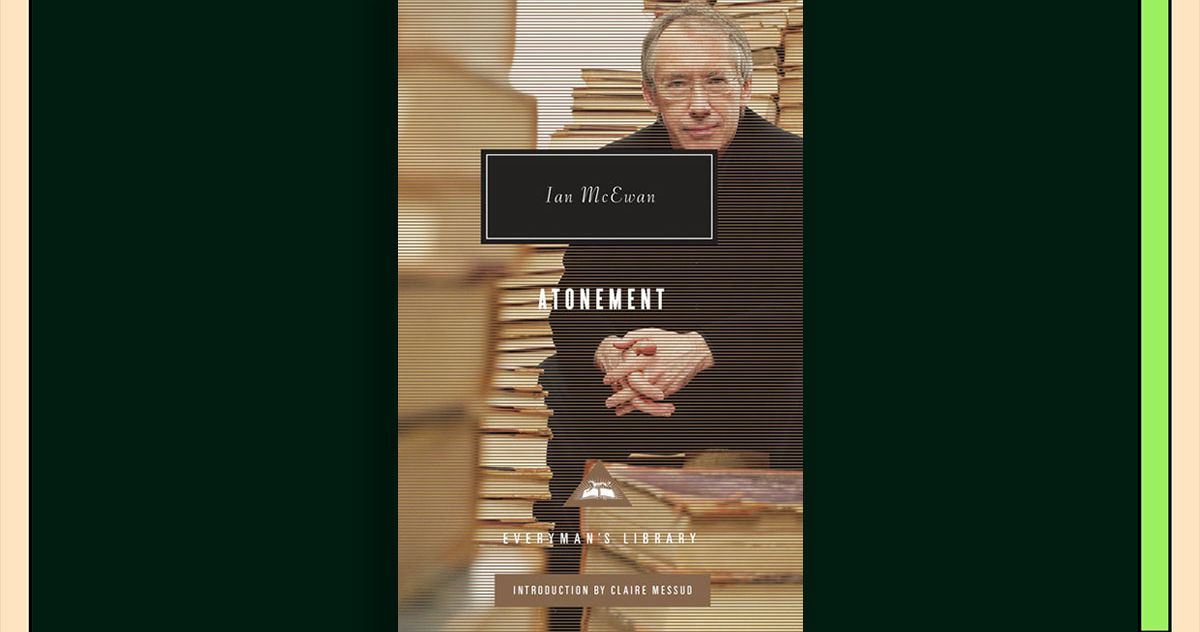



However cautionary a tale against the manipulative potential of fiction(s), Atonement honours the human(e) talent to remember, through art’s affective power, not only humanity’s relentless ability for atrocity but its persistently renewed gift to imagine deliverance from violence and suffering. But a book like Enduring Love Just the title alone - but its a breathtaking novel. Atonement Ian McEwan Study Guide Themes Motifs Symbols Quotes Quotes by Theme Summary Full Book Summary On a summer day in the English countryside in 1935, thirteen-year-old Briony Tallis has written a play, The Trials of Arabella, to be performed by her visiting cousins, fifteen-year-old Lola and Lola’s nine-year-old twin brothers. Ian McEwan’s 2001 novel Atonement, here approached through two episodes which have forcefully haunted the present reader’s consciousness, suggests that both narrative and (literary) image are able to disturb and their pathos ‘does not wear out.’ ‘The scale of war’s murderousness destroys what identifies people as individuals, even as human beings.’ By creating characters such as the male protagonist Robbie Turner or the French Luc Cornet, the novelist Briony Tallis tries to retrieve these soldiers from the anonymity of death and to compensate for her awareness that ‘a person is, among all else, a material thing, easily torn, not easily mended.’ Although war’s atrocities cannot ever be erased or redressed, by nursing Cornet’s dying moments and restoring her character Robbie to life and a conventional happy ending, Briony’s narrative is a last attempt to atone for her own private crime. also Judith Butler, Frames of War, 2009). Guilt in Ian McEwans Atonement and Joe Wrights film adaptation - Cultural Studies / Basics and Definitions - Term Paper 2009 - ebook 10.99 - GRIN. 26In Atonement, Ian McEwan uses the topos of the English country house in order to reveal a distrust in the myth of Englishness that harks back to postmodern. If ‘modern sensibility (…) regards suffering as something that is a mistake or an accident or a crime,’ suffering has been throughout history an integral part of human experience and ‘war (…) the norm (…) peace the exception.’ Sontag considers a narrative ‘likely to be more effective than an image,’ narrative coherence and continuity more apt to interpret human suffering and to make us understand (cf. At 18, Briony understands and regrets her crime: it is the touchstone event of her life, and she yearns for atonement.


 0 kommentar(er)
0 kommentar(er)
